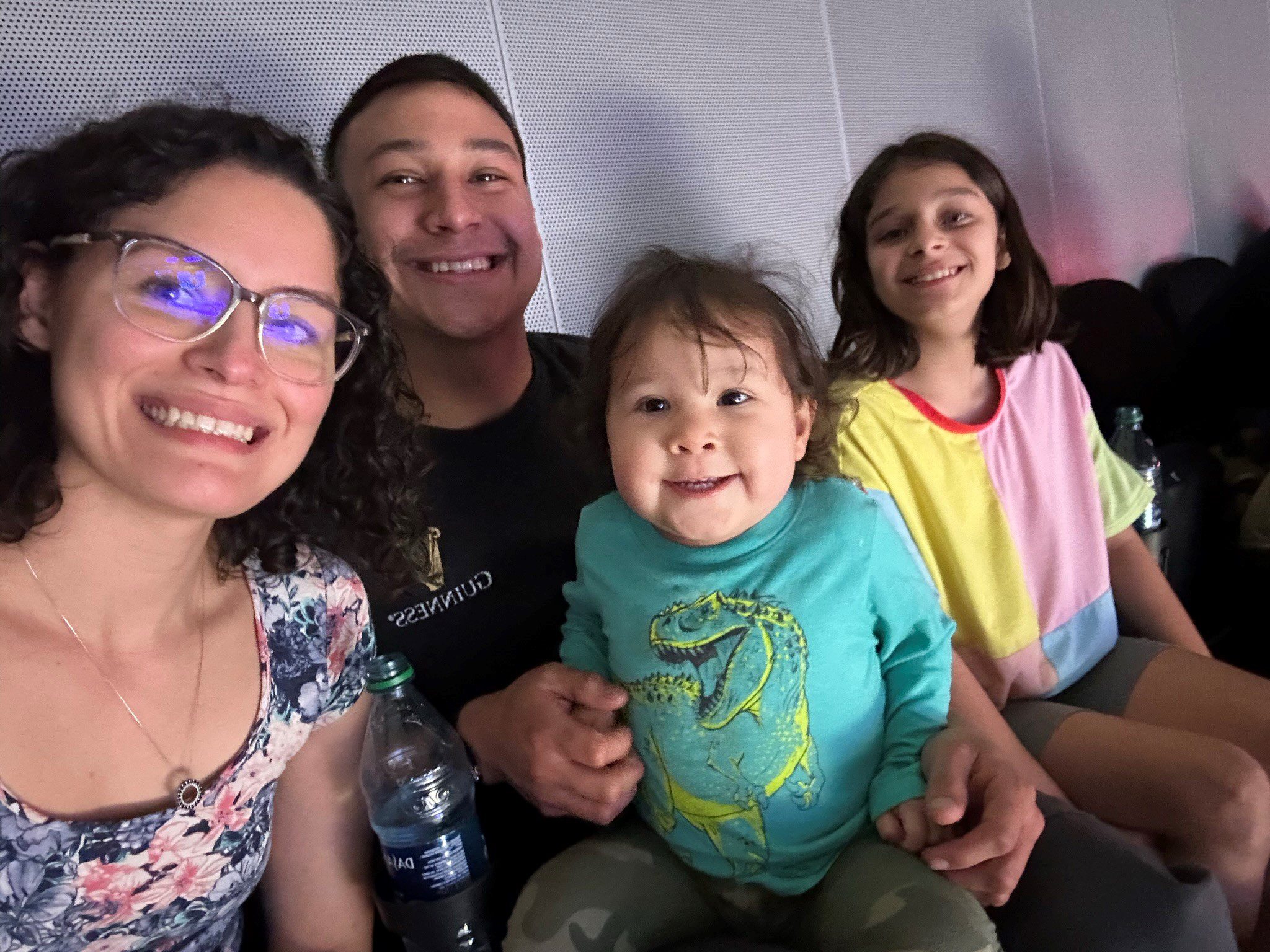Five Ways Title IV-B Can Support Infants and Toddlers

Key Takeaways
- Title IV-B of the Social Security Act is key child welfare legislation, which provides flexible federal grants to states for services aimed at enhancing the well-being of children and families.
- Title IV-B empowers states to tailor services to their unique needs, from family preservation to adoption support, focusing on crisis prevention before foster care becomes necessary.
- The bill would allow states to use Title IV-B funding to implement Safe Babies and enhance their much-needed services.
What is Title IV-B?
Title IV-B of the Social Security Act is a federal program that provides states with formula grants aimed at enhancing the well-being of children and families.
These grants offer flexible funding to states for various services such as:
- Prevention services to keep families together and prevent child abuse.
- Child protection to ensure the safety of children at risk.
- Family preservation to strengthen family units.
- Child welfare workforce training to support and retain child welfare workers.
- Reunification services to help reunite children in foster care with their families.
- Adoption promotion and support to encourage permanent homes for children.
Title IV-B was up for reauthorization, requiring Congressional action before the end of 2024. A reauthorization bill passed the House at the end of September, the Protecting America’s Children by Strengthening Families Act (H.R. 9076). At the end of December, the Senate passed the bill before heading to the President’s desk for final signature before becoming law. This legislation will extend Title IV-B funding through 2029, with a funding increase of $75 million in mandatory funding annually starting in 2026, raising the total annual funding to $420 million.
These new mandatory funds, which are guaranteed for five years, will give states the ability to start new initiatives or revise approaches that would enable states to better address the needs of vulnerable children and families, including flexibility for services tailored to infants, toddlers, and those experiencing poverty.
The importance of Title IV-B reauthorization for families with young children

Title IV-B empowers states to tailor services to their unique needs, from family preservation to adoption support, focusing on crisis prevention before foster care becomes necessary.
These family-centered approaches outlined in the bill are shared and supported by the work of Safe Babies, a program of ZERO TO THREE™.
Here are five impactful ways Title IV-B can bolster states’ early childhood systems and support family and community well-being:
1. Strengthening Parent Partner Programs

The reauthorization bill emphasizes peer-to-peer mentoring as a key activity under Title IV-B, explicitly listing it as an allowable use of funds.
This can be supported through four areas in the Promoting Safe and Stable Families program: family support, preservation, reunification, or adoption promotion. Strengthening parent partner programs, which offer trusted support to parents of young children in the child welfare system, is a priority. These programs foster cross-system collaboration, enhance services, and encourage family engagement and self-advocacy.
2. Supporting Infant Mental Health and Well-being
The bill mandates state Title IV-B plans to collaborate with mental health providers, ensuring individualized care for children's mental health needs.
This focus is critical for infants and toddlers, who are particularly vulnerable to early mental health issues. By strengthening infant and early childhood mental health (IECMH) services, child welfare systems can better support young children and their caregivers, fortifying family bonds and preventing deeper system involvement.
3. Highlighting Kinship and Relative Caregivers
The bill emphasizes the importance of kinship and relative caregivers by explicitly recognizing kinship placements as a viable option for children removed from their homes.
Kinship care offers greater stability and consistency for babies and families, supporting children’s emotional, mental, and physical well-being better than traditional non-relative foster care. Children placed with relatives are less likely to face the instability often associated with foster care.
4. Addressing Poverty to Prevent Neglect
The bill permits the use of funds for short-term benefits to prevent children from being separated from their parents due to poverty-related issues.
It ensures that poverty, without abuse or neglect, is not a valid reason for child removal. By addressing immediate needs like housing, transportation, or nutrition assistance, Title IV-B funding helps families in crisis, preventing unnecessary child welfare involvement and reducing the stressors that could lead to abuse or neglect. This approach aims to keep families together and avoid the trauma of foster care placement.
5. Reaffirming Commitment to Tribal Families and the Indian Child Welfare Act (ICWA)
The reauthorization bill reaffirms the commitment to tribal families and enhances support for tribal communities to prevent unnecessary involvement in the child welfare system.
It mandates the Department of Health and Human Services (HHS) to provide technical assistance to states for developing and implementing the Indian Child Welfare Act (ICWA). The bill establishes a three percent set-aside to streamline funding for tribes, supports ICWA compliance and implementation, and increases resources for the Tribal Court Improvement Program. This focus aims to reduce barriers for tribes while strengthening oversight and participation in Title IV-B programs.
How can the Safe Babies approach work in tribal communities?
What’s next for Title IV-B reauthorization?

Once passed into law by the President, the reauthorization will allow states to use Title IV-B funding to implement Safe Babies and enhance their much-needed services such as parent partner programs, infant mental health services, kinship care and family-centered approaches, with a commitment to Tribal families.
For more information on implementation and how states can draw down Title IV-B funding for these purposes or other practices supporting families with young children, reach out to safebabies@zerotothree.org.
Help spread the word about the need to transform the child welfare system.

